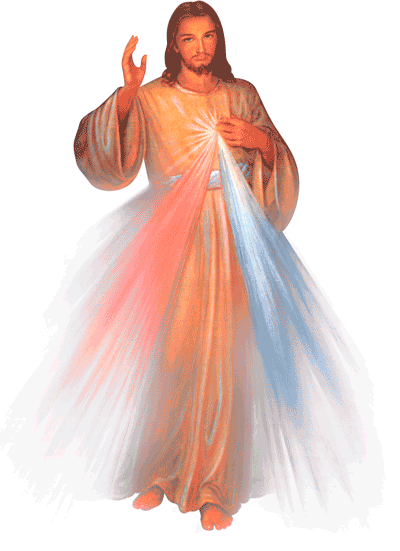
How to be or become a follower of Jesus Christ in the world and in your situation«Let the one among you who is without sin be the first to throw a stone at her.»
It is clear that the accusers of the woman want, as usual, to put Jesus in difficulty, and in this their habitual hyporisia is particularly evident. In fact, at that moment the woman did not risk being effectively stoned according to the Mosaic law (1) since when the Roman procurator was present in Jerusalem the Jews had no judicial power, in particular they could not put anyone to death unless a trial and the accused was judged according to Roman law before the procurator (2).

Gesù e l'adultera
It goes without saying that, as usual, we recognize Jesus' temptators for what they are, that is, they are not very shrewd hypocrites. They knew very well what kind of formidable person they were dealing with and yet they challenge Him.
In this episode reported by St. John I think that in Jesus' attitude there are two aspects to be emphasized, which can serve as an example for our own behavior in everyday life and also beyond:
- He doesn't contradict the principle, that is, he doesn't say that the law is wrong;
- He is divine mercy made person and forgives.
In this passage I see the Christian behavior of someone who is uncompromising in affirming the right principles, but at the same time merciful in judgment and condemnation, in the behavior towards the others.
This does not mean contradicting the demands of justice, but only treating others with the same standard with which we would like, in good conscience, to be treated by them in the same circumstances.
An unchristian attitude that unfortunately is quite frequent is that of being transigent on principles towards oneself, but uncompromising in fact towards our neighbor.
In this Jesus himself help us, to whom with prayer we must ask every day to assist us and to give us the strength to form our conscience according to His word.
In fact, even the conscience, like any other aspect of the human personality, must be formed rightly, with study, knowledge, prayer, and meditation.
End
Lino Bertuzzi Apr 03, 2022
Historical notes
(1) In the case of the stoning of St. Stephen by the Jews of Jerusalem, the Roman procurator was not in office, he was traveling or the procurator's office was vacant, and at that moment the judicial power had passed to the Sanhedrin who could thus condemn Stephen and killing it..
"Everyone agreed then they moved to meet him with fury and ... chased him out of the city they stoned him" |
(2) In the case of the trial of Jesus, poor Pîlato paid dearly for his derogation from the principles of law. Under the pressure of the enraged crowd, he consented to the unfair condemnation of an innocent. The emperor Tiberius, who wanted to know Jesus, heard of the sentence had dismissed him, and after that nothing is known for sure about Pilate. One thing is known instead of Santa Claudia (Prokla, or Procula) the wife of Pilate who became a Christian and is mentioned together with Linus and Pudent in a letter from St. Paul to Timothy
2 Timothy 4: 21: 4: Eubulus, Pudent, Linus, Claudia and all the brothers greet you.

No fear! the Mercy of Jesus
is INFINITE
Holy Gospel of Jesus Christ according to Saint John 8,1-11.
Jesus went to the Mount of Olives.
But early in the morning he arrived again in the temple area, and all the people started coming to him, and he sat down and taught them.
Then the scribes and the Pharisees brought a woman who had been caught in adultery and made her stand in the middle.
They said to him, "Teacher, this woman was caught in the very act of committing adultery.
Now in the law, Moses commanded us to stone such women. So what do you say?"
They said this to test him, so that they could have some charge to bring against him. Jesus bent down and began to write on the ground with his finger.
But when they continued asking him, he straightened up and said to them, "Let the one among you who is without sin be the first to throw a stone at her."
Again he bent down and wrote on the ground.
And in response, they went away one by one, beginning with the elders. So he was left alone with the woman before him.
Then Jesus straightened up and said to her, "Woman, where are they? Has no one condemned you?"
She replied, "No one, sir." Then Jesus said, "Neither do I condemn you. Go, (and) from now on do not sin any more."



